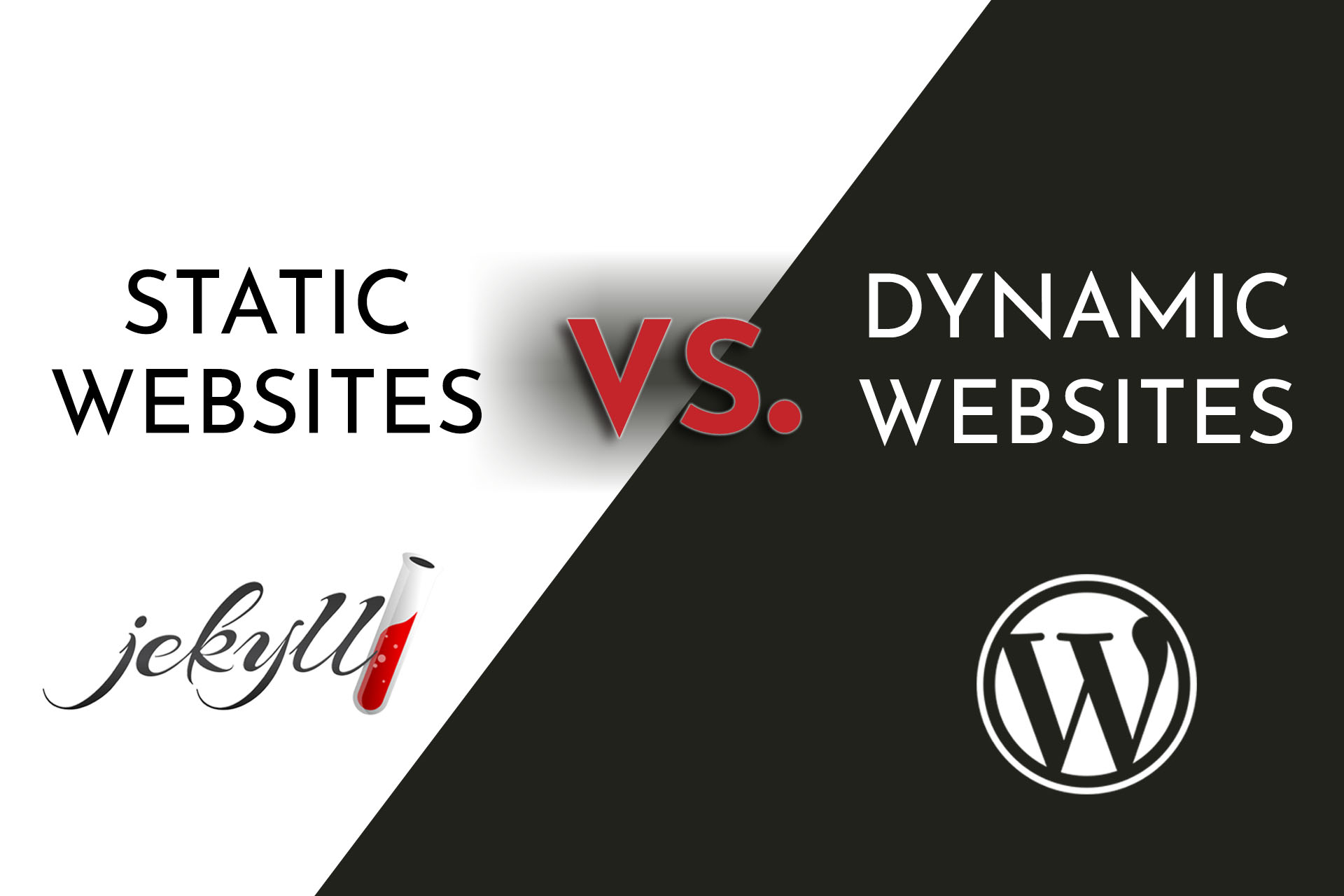
In this article, we’re going to talk about some of the important differences between dynamic content management systems (like WordPress) and static site generators. Both of these systems work similarly but each possess different advantages and disadvantages over the other.
Popular Static Site Generators
The number of static site generators has increased greatly over the past few years. Among the most popular are Jekyll, Hugo, and Next. But there are many others to choose from.
Static site generators tend to be favored by users who are either developers, academics, or those who are simply more advanced than the average web blogger in various technologies. One reason may be because static site generators cater to those are willing to learn a more complicated system in hopes of customizing it more uniquely to their specific needs.
With the most popular dynamic site generators, like WordPress, there is less to learn up front and you can jump right in without investing too much time in the learning process. This is not always the case with static site generators, which usually require extensive command line, version control, and/or file transfer knowledge up front in order to reap maximum benefit. For some users, this is considered a benefit.
But recently, static site generators are reaching out to users of all kinds. Some services like Gitbook and Ghost now offer premium, hosted installations and provide support.
The Benefits of a Static Site
Some of the benefits of static site generators include:
- High reliability, minimal server-side code
- Lightning fast page load speeds
- Easy to automate backup procedures
Among the most important benefits static sites provide is on the front end. Visitors to a static site will typically experience a much faster browsing experience. This is because the web server does not need to churn through a lot of server-side code. Instead, the server only needs to process plain HTML code. This results in page load times that are virtually instant on potentially any hosting platform.
Dynamic sites typically rely on the most popular platforms provided by PHP and MySQL, which, depending on the hosting environment, may require some optimization to perform as quickly as plain HTML. However, as server-side technologies continue to grow in refinement, speed, and computing power, the line between these speed differences is beginning to blur.
The Benefits of Dynamic Sites
Some of the benefits of dynamic site generators include:
- Can be updated quickly
- Use of popular platforms like WordPress
- Dynamic site CMSes like WordPress still easier to use and considered the web standard
- Respected and widely supported by a vast community of users and hosts
Popular dynamic site generators and content management systems include some of the most popular on the web like WordPress, Joomla, and Drupal. Without a doubt, WordPress is the most popular and widely used on that list.
More hosts have introduced optimized WordPress Hosting packages due to the overall popularity and support of the WordPress platform.
The design philosophy behind dynamic site generators varies greatly from the concept of the static site generator. While the static site generators build many pages, the dynamic site generators require only a few files to build potentially unlimited pages. Each page is generated when requested by the browser, but that page itself does not exist in the back end of the site except as a template.
As a tradeoff for the convenience of fewer files, dynamic sites typically rely on a relational database technology to manage the content of the site. This requires yet another high-level technology in order for the site to function properly.
How to Decide What’s Best For You
It’s always to wise to take a look at each of the various platforms and ask yourself some important questions:
- What’s the purpose of my site?
- How many visitors do I expect each month?
- How many people will be updating the site?
- How much do I have in my hosting budget?
- How much time am I willing to invest in learning how to use my system?
Starting with a series of questions like the above will help you narrow down a website solution that works best for you and other involved parties. As always, if you’re totally unsure of how to proceed, you can always contact our knowledgeable sales and support staff. They can help guide you into a platform that will work best for you.